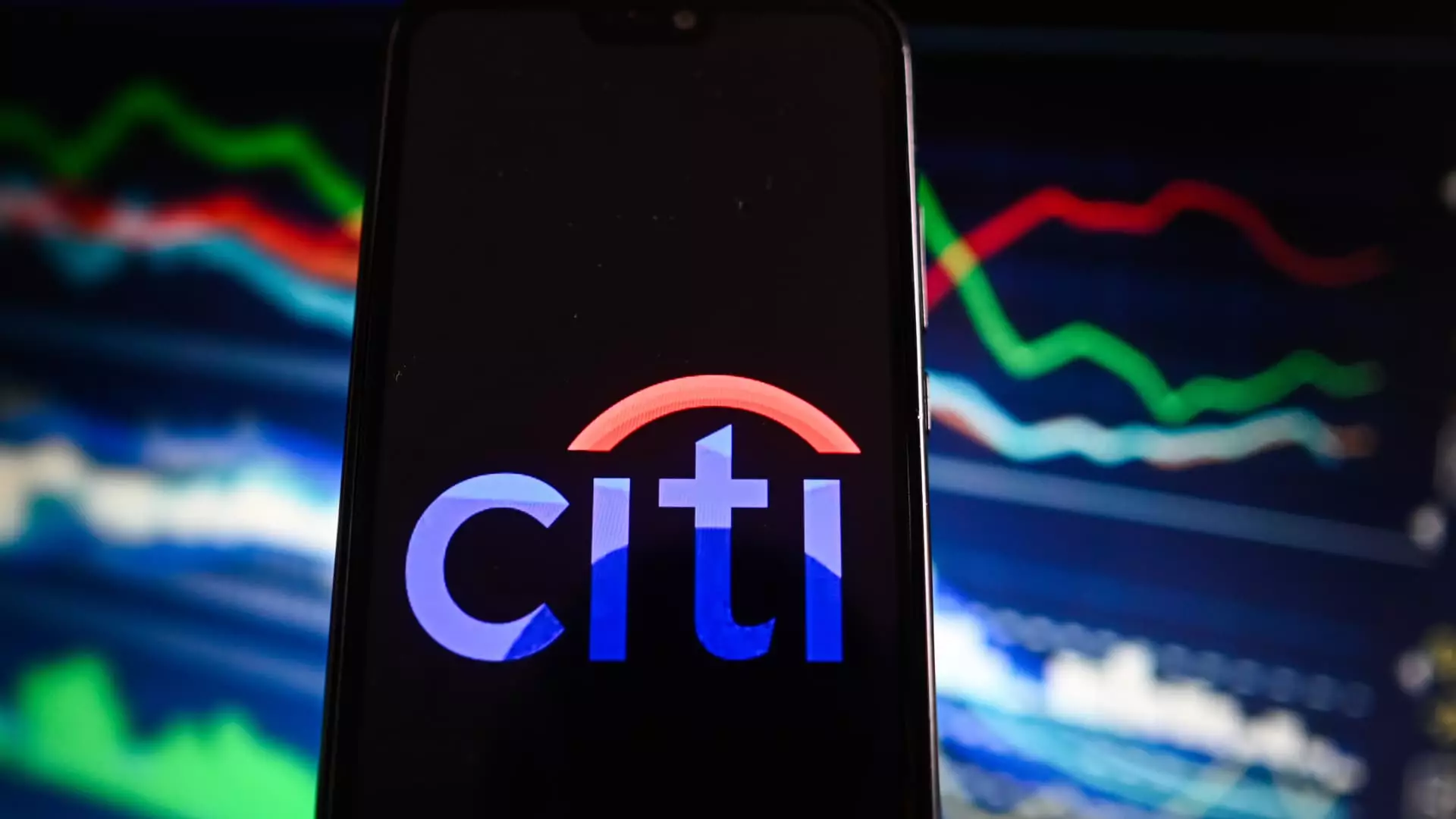In a market response reflecting political sentiment, shares of major financial institutions soared during after-hours trading, driven by optimism surrounding Donald Trump’s potential victory in the presidential election. Notably, Citigroup experienced a significant uptick, jumping approximately 5% in extended trading on popular investment platforms like Robinhood. Other notable players, including Bank of America, Wells Fargo, and Goldman Sachs, also enjoyed increases of more than 2% to 3%, revealing a collective bullish sentiment among investors.
The surge indicates that traders are closely monitoring the election, with results trickling in, yet to reveal a clear outcome. Trump’s lead, according to NBC News, signifies a shift in political dynamics that may favor the banking sector, particularly due to expectations of deregulation rather than concerns over his racially charged policies.
Analysts are noting that banks may stand to gain from this political scenario primarily due to the anticipated rollback of regulatory measures previously enacted. Jaret Seiberg from TD Cowen highlights how GOP leadership typically aligns with deregulatory measures, which could spell good news for bank stocks. The expected reduction in oversight from the Consumer Financial Protection Bureau (CFPB) could provide significant breathing room for financial institutions, allowing them to operate with fewer constraints.
Seiberg points out that one of the most beneficial outcomes for banks under Trump’s administration may come from the reevaluation of the CFPB’s stringent enforcement agenda. Such regulatory relaxations may pave the way for trading banks to salvage capital requirements that have previously limited their operational flexibility.
While the forecast appears optimistic for banks, it is essential to appraise the associated risks tied to Trump’s proposed policies beyond financial industry deregulation. For instance, the implications of aggressive tariffs and deportation policies could introduce inflationary pressures, which might counteract the potential benefits from loosened regulations.
Additionally, despite the perceived advantages of lesser regulatory restraints, investors must remain cautious. The financial industry is notoriously susceptible to fluctuations based on political climate and changes in policy. Trump’s presidency could lead to rapid market shifts, emphasizing the need for a well-rounded approach to investment strategy in this sector.
While the immediate response from the financial markets signals a positive outlook for major banks with Trump’s leadership, it is crucial for investors to tread carefully. The complex interplay between deregulation promises and inherent risks from broader economic policies requires diligent scrutiny. As the election unfolds and its repercussions are felt across the financial landscape, the prudent investor will balance optimism with caution. The evolving political environment will undoubtedly shape the future of the banking sector, with potential for both rewarding opportunities and unforeseen challenges lying ahead.

